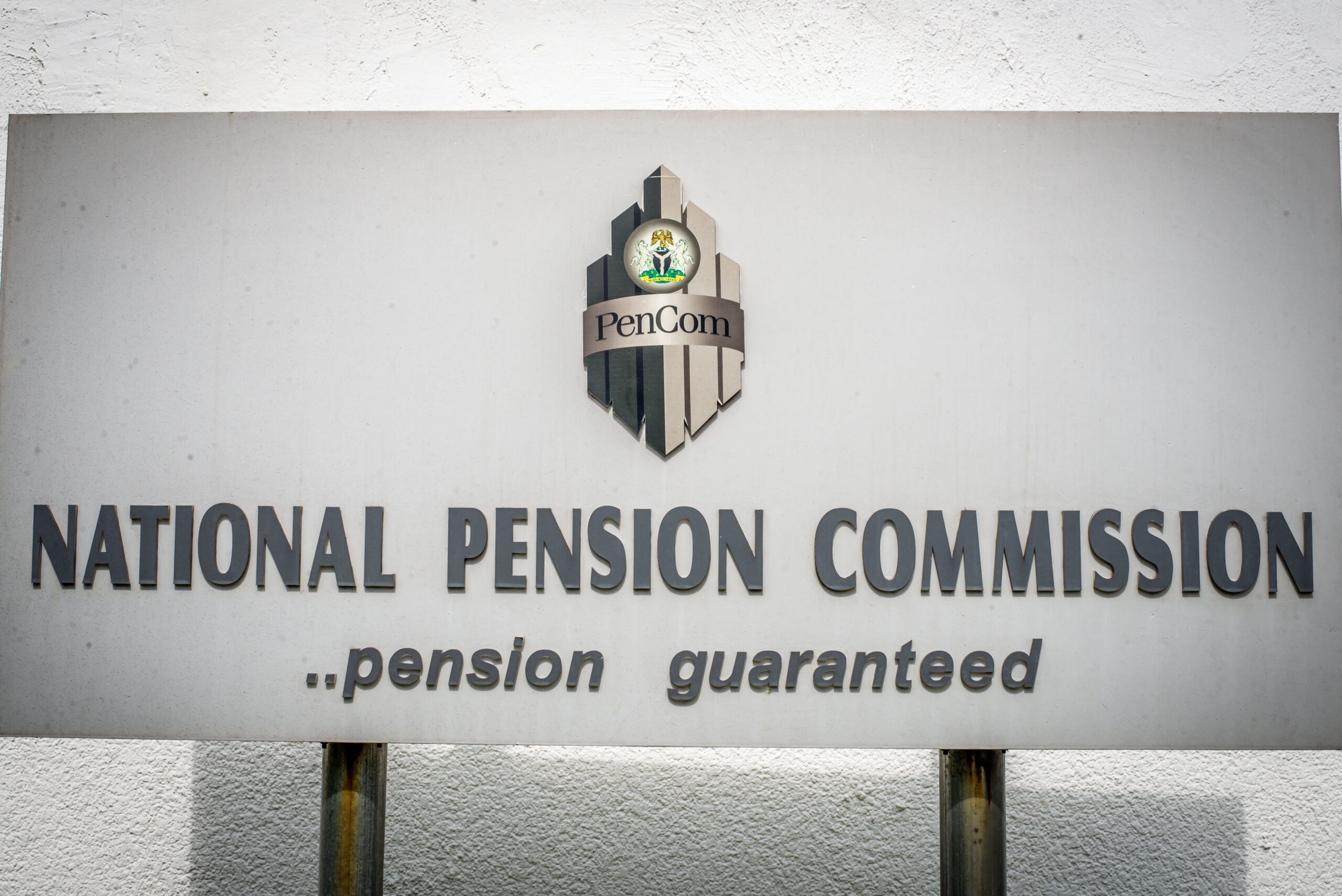The contributory pension scheme (CPS) is a vital initiative empowering individuals to secure their financial wellbeing in old age. Tailored initially for formal sector employees, the CPS was extended to include informal sector workers following the Pension Reform Act (PRA) amendment in 2014.
Guided by the provisions of the PRA 2014, the National Pension Commission (PenCom) introduced the micro pension plan (MPP) with the specific objective of broadening pension coverage to include workers in the informal sector.
Under the MPP, private sector organisations with less than three employees and self-employed individuals can participate in the CPS.
In 2022, a survey conducted by the Small and Medium Enterprises Development Agency (SMEDAN) in collaboration with the National Bureau of Statistics (NBS), indicated that Nigeria is home to an estimated 39.65 million micro, small, and medium enterprises (MSMEs), responsible for employing 87.9 percent of the nation’s labour force.
Advertisement
‘CPS MUST COVER THE INFORMAL SECTOR TO IMPACT OLD AGE POVERTY’
Furthermore, a 2021 report from the World Bank Group, titled ‘Long Shadow of Informality: Challenges and Policies,’ projected that 80.4 percent of employment in Nigeria is concentrated within the informal sector. Therefore, for the CPS to impact old age poverty in Nigeria, it must cover workers in the informal sector.
Before the introduction of the MPP, workers in the informal sector, as well as those in organisations with fewer than three employees, were not covered by any retirement benefit scheme in Nigeria.
Advertisement
The introduction of the MPP by PenCom is a concrete step that aims to bring pension services to workers in the informal sector during their retirement years.
HOW TO PARTICIPATE IN THE MPP
New MPP participants must register with a pension fund administrator (PFA).
This involves opening a Retirement Savings Account (RSA) by filling out a registration form. Upon registration, the MPP participant receives a Personal Identification Number (PIN) from the PFA and is ready to start making pension contributions.
Advertisement
Eligible participants include self-employed individuals affiliated with trade, profession, cooperative, or business associations, those with business name registrations, partnerships, or enterprises, informal sector employees with or without formal written employment contracts, and other self-employed individuals aged at least 18 years who reside in Nigeria.
It is crucial to note that the micro pension contributor (MPC) becomes eligible to participate in the mandatory CPS upon securing formal sector employment with an organisation employing three or more individuals.
Making pension contributions under the MPP is designed to be easy, allowing MPCs to contribute daily, weekly, or monthly based on their cash flows. They can also use a variety of payment channels, including cash deposits, electronic transfers, approved payment platforms, or financial services agents endorsed by the Central Bank of Nigeria.
INVESTING MPP CONTRIBUTIONS
Advertisement
PFAs are mandated to invest the MPP pension contributions in secure assets specified by the investment regulation issued by PenCom, ensuring steady growth through investment yields over time. This accumulation serves as a foundation for retirement benefits and pensions.
As of September 30, 2023, pension fund administrators (PFAs) have registered 105,455 participants in the MPP, with a total contribution of N529.32 million.
Advertisement
The MPP assets and enrolment figures are significant steps toward the MPP’s overarching goal of minimising old-age poverty and enhancing financial inclusion in Nigeria. The MPP is a beacon of hope for millions of workers operating in the informal sector.
Part 2 of this presentation will explore how MPCs can access their contributions and other retirement benefits. It would examine features such as contribution flexibility and pre-retirement access.
Advertisement
PenCom remains steadfast in its commitment to effectively regulate and supervise the pension industry, ensuring timely disbursement of retirement benefits.
Based on information by the National Pension Commission (PenCom).
Advertisement
Add a comment






